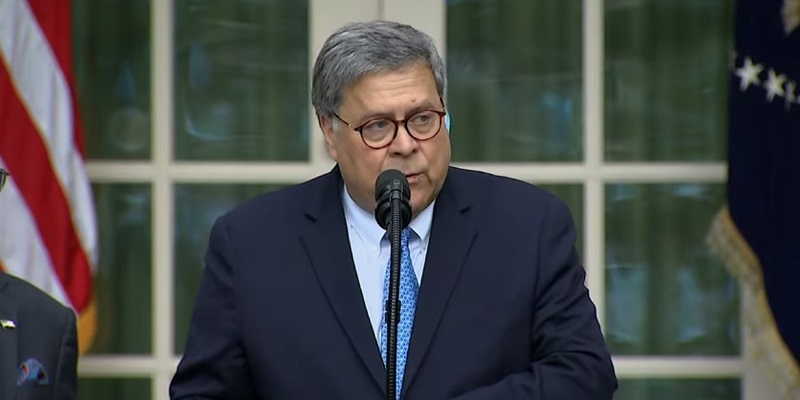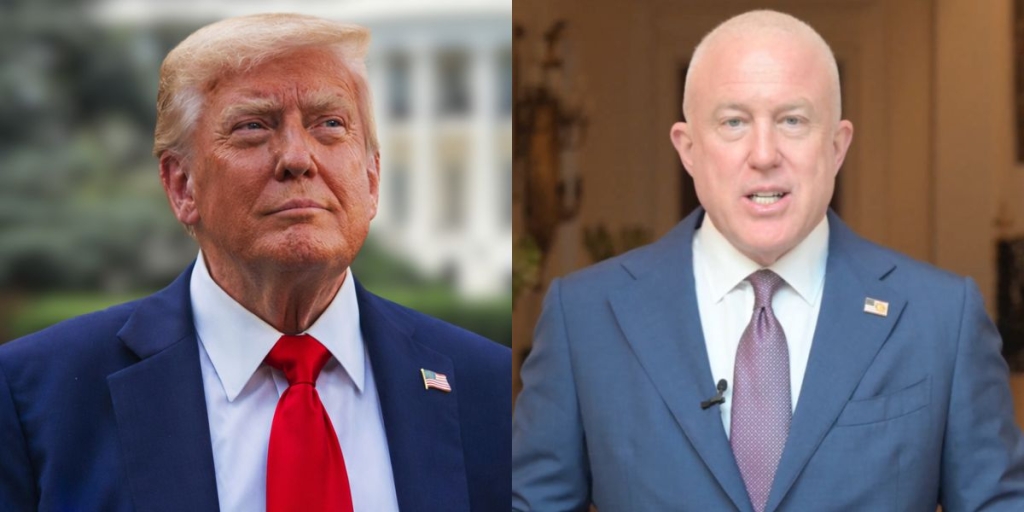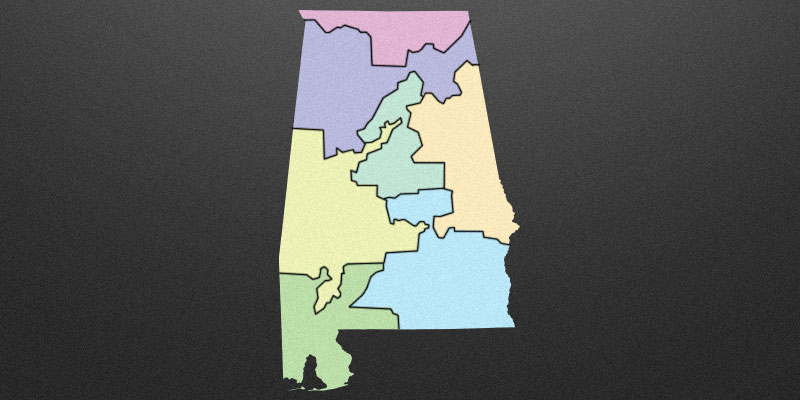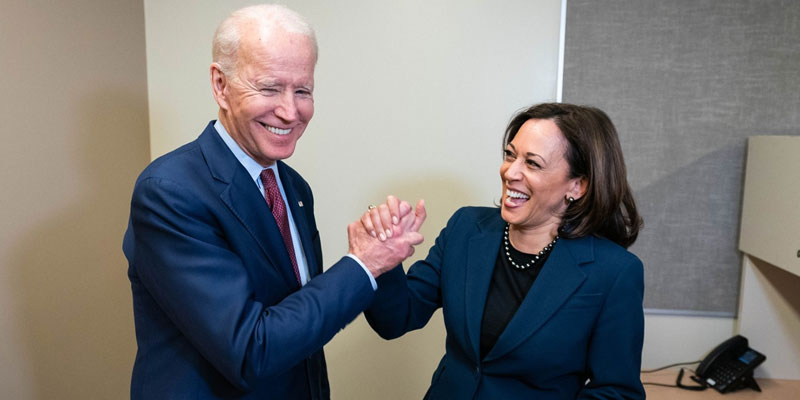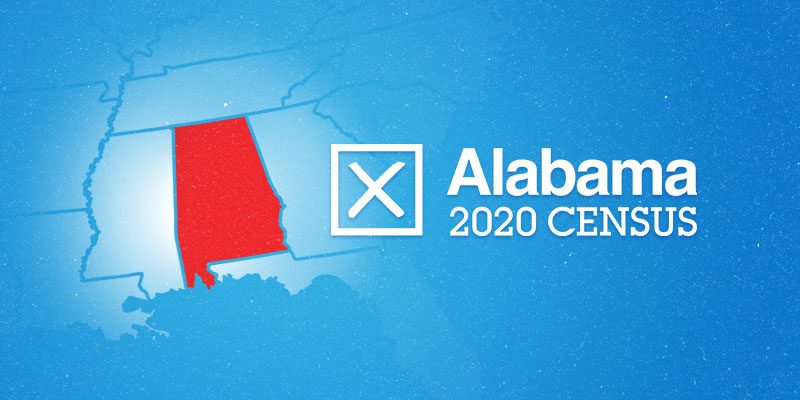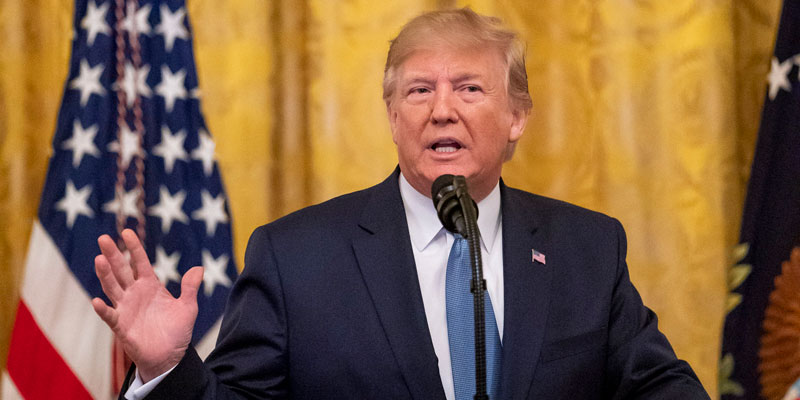On Thursday outside at the White House, President Donald Trump unveiled an executive order on gathering citizenship information, which was seen as a shift from his earlier posture insisting that a question about citizenship status would be on the 2020 census.
Also speaking on the issue was U.S. Attorney General William Barr, who spoke favorably about Trump’s announcement.
During his remarks, Barr referenced the legal effort underway from U.S. Rep. Mo Brooks (R-Huntsville) and Alabama Attorney General Steve Marshall challenging the federal government’s Department of Commerce and Census Bureau that argues against including those who have entered the country illegally in the final census count for purposes of congressional apportionment and the allotment of Electoral College votes.
Alabama is in danger of losing one of its seven congressional seats as the state has struggled to maintain the growth pace of other states, especially as some of those states have local policies that encourage an influx of illegal immigrants.
Remarks as follows:
Thank you, Mr. President, and congratulations on today’s executive order, which will ensure that we finally have an accurate understanding of how many citizens and noncitizens live in our country. As the Supreme Court recognized, it would be perfectly lawful for the federal government to ask on the census whether individuals are citizens of the United States. And it’s entirely reasonable to want to know how many citizens and noncitizens there are in the United States.
In fact, the federal government has routinely asked questions relating to citizenship ever since the 1820s. But while the Supreme Court correctly recognized that it would be entirely appropriate to include citizenship questions on the census, it nevertheless held that the Commerce Department did not adequately explain its decisions for doing so on the 2020 census. Because, as the Supreme Court recognized, the defect in the commerce department’s decision was curable with a better record, the president asked me to work with Secretary Ross to determine whether there remained a viable path for including a citizenship question on the census. I did so.
In my view, the government has ample justification to inquire about citizenship status on the census and could plainly provide rationales for doing so that would satisfy the Supreme Court. And there–therefore, there is no question that a new decision to add the question would ultimately survive legal review. The problem is that any new decision would be subject to immediate challenge as a new claim in the three ongoing district court cases.
In addition, there are injunctions currently in place that forbid adding the question. There is simply no way to litigate these issues and obtain relief from the current injunctions in time to implement any new decision without jeopardizing our ability to carry out the census, which we are not going to do. We’re not going to jeopardize our ability to carry out the census. So as a practical matter, the Supreme Court’s decision closed all paths to adding the question to the 2020 Census. Put simply, the impediment was not–was a logistical impediment, not a legal one. We simply cannot complete the litigation in time to carry out the census.
One other point on this, some in the media have been suggesting in the hysterical mode of the day that the administration has been planning to add the citizenship question to the census by executive fiat without regard to contrary court orders or what the Supreme Court might say. This has been based on rank speculation and nothing more. As it should be obvious, there has never been under–this has never been under consideration. We have always accepted that any new decision to add a Census–citizenship question to the census would be subject to judicial review.
Turning to today, I applaud the president for recognizing and his executive order that including a question on the census is not the only way to obtain this vital information. The course the president has chosen today will bring unprecedented resources to–to bear on determining how many citizens and noncitizens are in our country and will yield the best data the government has had on citizenship in many decades. That information will be used for countless purposes as the president explained in his remarks today.
For example, there is a current dispute over whether illegal aliens can be included for apportionment purposes. Depending on the resolution of that dispute, this data may be relevant to those considerations. We will be studying this issue. Congratulations again, Mr. President, on taking this effective action.
@Jeff_Poor is a graduate of Auburn University, the editor of Breitbart TV and host of “The Jeff Poor Show” from 2-5 p.m. on WVNN in Huntsville.




